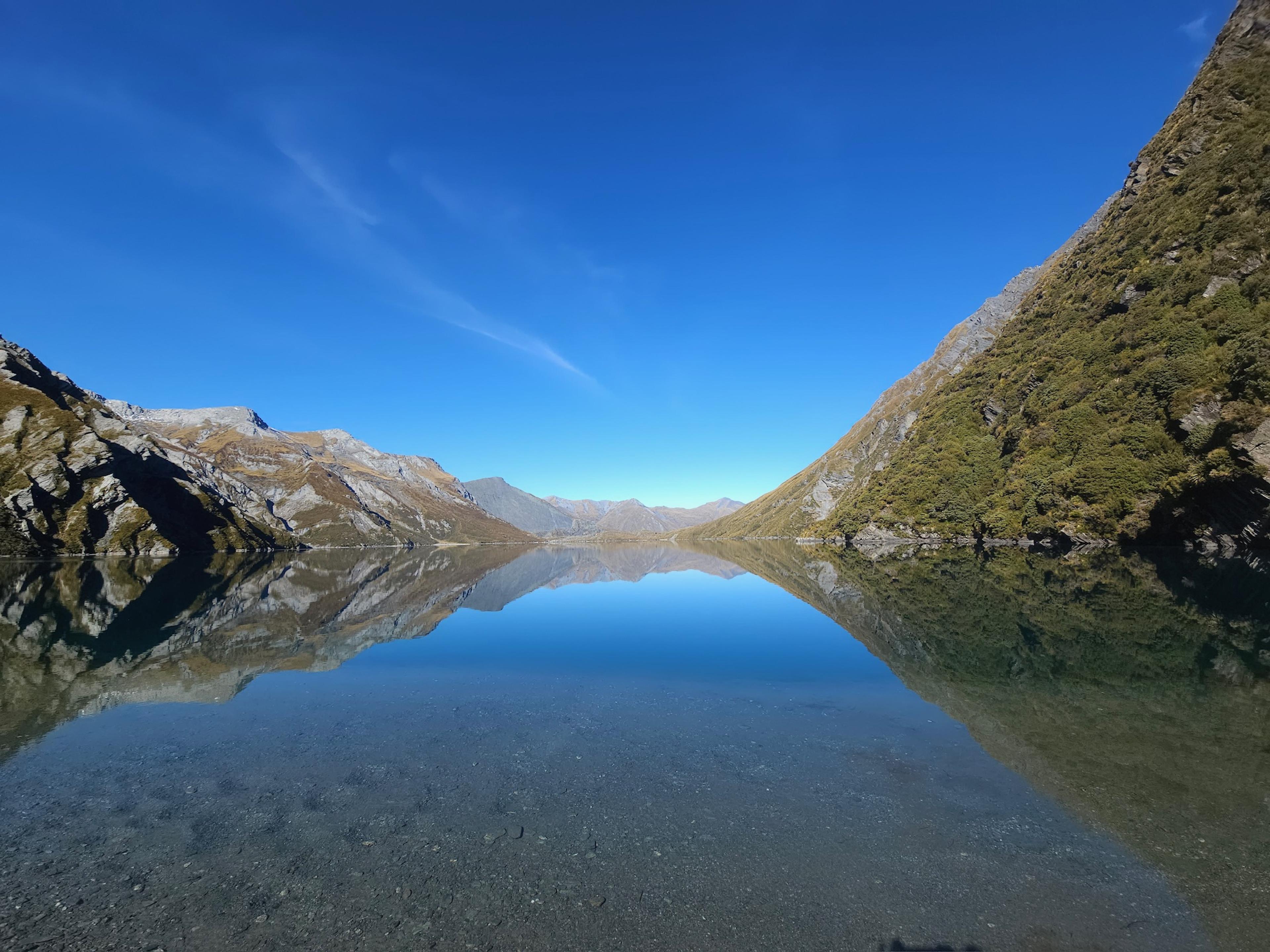New Zealand is often regarded as one of the safest and most peaceful countries in the world. Many people wonder why New Zealand has no SS (Secret Service) equivalent to countries like the United States or the United Kingdom. This question brings us to an exploration of the country's security infrastructure, its values, and its approach to national safety. Let's delve deeper into this intriguing topic.
New Zealand's approach to national security is unique, and it is shaped by its history, culture, and governance. Unlike some countries that rely heavily on specialized intelligence agencies, New Zealand employs a different strategy. This article will explore the reasons behind the absence of an SS-like entity in New Zealand and how the country manages its security challenges.
As we proceed, we will analyze the factors contributing to this distinctive approach, including historical context, current security measures, and the role of international cooperation. By the end of this article, you will have a clear understanding of why New Zealand does not have a Secret Service and how it maintains its reputation as a secure nation.
Read also:Yelba Osorio The Rising Star In The Entertainment Industry
Table of Contents
- Historical Background of New Zealand's Security
- Core Values Shaping Security Policies
- Structure of New Zealand's Security Framework
- International Cooperation and Alliances
- Current Security Challenges
- Role of Technology in Security
- Comparison with Other Countries
- Public Perception and Trust
- Future of New Zealand's Security
- Conclusion
Historical Background of New Zealand's Security
New Zealand's security framework has evolved over centuries, shaped by its colonial past and its geographical isolation. The country's historical context plays a significant role in understanding why it does not have an SS equivalent. During the colonial era, New Zealand relied heavily on the British Empire for defense and security matters. This dependency continued until the mid-20th century when New Zealand began to develop its independent security policies.
The absence of a major domestic threat throughout its history allowed New Zealand to focus on external security issues rather than creating a centralized intelligence agency. Instead, the country invested in diplomatic relations and international alliances to ensure its safety. This approach has proven effective, as New Zealand remains one of the safest countries globally.
Key Historical Events
- 19th Century: Reliance on British military support.
- 1940s: Establishment of the New Zealand Security Intelligence Service (SIS).
- 1980s: Shift towards anti-nuclear policies and regional cooperation.
Core Values Shaping Security Policies
New Zealand's security policies are deeply rooted in its core values of peace, inclusivity, and transparency. These values influence the country's decision not to establish a Secret Service-like agency. Instead, New Zealand prioritizes open communication and collaboration with its citizens and international partners. This approach fosters trust and ensures that security measures align with the country's democratic principles.
One of the key values is the emphasis on human rights. New Zealand's security framework is designed to protect individual freedoms while maintaining national security. This balance is achieved through rigorous oversight and accountability mechanisms, which prevent the misuse of power by security agencies.
Values in Action
- Peaceful resolution of conflicts.
- Respect for civil liberties.
- Collaboration with international organizations.
Structure of New Zealand's Security Framework
New Zealand's security framework is a well-coordinated system involving multiple agencies and departments. While the country does not have a Secret Service, it has several organizations responsible for national security. The New Zealand Security Intelligence Service (SIS) and the Government Communications Security Bureau (GCSB) are the primary intelligence agencies. These agencies work closely with law enforcement and other government bodies to address security threats.
The absence of an SS-like entity does not mean New Zealand lacks effective security measures. Instead, the country adopts a decentralized approach, where various agencies collaborate to ensure comprehensive protection. This approach allows for flexibility and adaptability in responding to emerging threats.
Read also:How Tall Is Shaq In Metres A Comprehensive Guide To Shaqs Height And More
Key Agencies
- New Zealand Security Intelligence Service (SIS).
- Government Communications Security Bureau (GCSB).
- New Zealand Police.
International Cooperation and Alliances
New Zealand's security strategy heavily relies on international cooperation and alliances. As a member of the Five Eyes intelligence alliance, New Zealand shares information and resources with the United States, the United Kingdom, Canada, and Australia. This partnership enhances the country's ability to address global security challenges without the need for a centralized Secret Service.
Additionally, New Zealand actively participates in United Nations peacekeeping missions and regional security initiatives. These efforts contribute to global stability and strengthen New Zealand's security posture. By leveraging international cooperation, New Zealand ensures its safety without compromising its values.
Benefits of International Cooperation
- Access to global intelligence networks.
- Enhanced capability to address transnational threats.
- Improved diplomatic relations with allies.
Current Security Challenges
Despite its strong security framework, New Zealand faces several challenges in the modern world. Cybersecurity threats, terrorism, and organized crime are among the top concerns for the country. These challenges require constant vigilance and adaptation of security measures to ensure the safety of its citizens.
New Zealand's approach to addressing these challenges involves a combination of technological advancements, legislative reforms, and community engagement. By involving the public in security efforts, the country creates a collective responsibility for maintaining peace and safety.
Emerging Threats
- Cybersecurity breaches.
- Terrorism and extremism.
- Organized crime networks.
Role of Technology in Security
Technology plays a crucial role in New Zealand's security framework. The country invests in cutting-edge tools and systems to enhance its ability to detect and respond to threats. Advanced surveillance technologies, data analytics, and artificial intelligence are some of the innovations used by New Zealand's security agencies.
However, the use of technology is balanced with ethical considerations to ensure it does not infringe on individual privacy. New Zealand's commitment to transparency and accountability ensures that technological advancements are used responsibly and effectively.
Technological Advancements
- Surveillance systems.
- Data analytics for threat detection.
- Artificial intelligence in cybersecurity.
Comparison with Other Countries
When compared to countries with established Secret Services, New Zealand's approach to security stands out. While countries like the United States and the United Kingdom rely on centralized intelligence agencies, New Zealand opts for a decentralized model. This difference reflects the unique cultural and historical context of each nation.
The absence of an SS-like entity in New Zealand does not indicate a lack of security. Instead, it demonstrates the country's ability to adapt its strategies to its specific needs and values. By focusing on international cooperation and community engagement, New Zealand achieves a high level of security without compromising its democratic principles.
Key Differences
- Decentralized vs. centralized security models.
- Focus on international alliances versus domestic agencies.
- Emphasis on transparency and accountability.
Public Perception and Trust
Public perception and trust are vital components of New Zealand's security framework. The country's citizens generally support the government's approach to security, appreciating the emphasis on transparency and accountability. Surveys conducted by reputable organizations indicate high levels of trust in New Zealand's security agencies.
This trust is built through consistent communication and engagement with the public. New Zealand's security agencies regularly update citizens on their activities and achievements, fostering a sense of collaboration and shared responsibility. This approach strengthens the country's security posture and ensures the continued support of its citizens.
Building Trust
- Regular public updates and reports.
- Community engagement initiatives.
- Accountability mechanisms.
Future of New Zealand's Security
The future of New Zealand's security lies in its ability to adapt to emerging challenges while maintaining its core values. As technology continues to evolve, the country will need to invest in advanced tools and systems to address new threats. At the same time, New Zealand must ensure that these advancements align with its commitment to transparency and accountability.
International cooperation will remain a cornerstone of New Zealand's security strategy. By strengthening alliances and participating in global initiatives, the country can enhance its ability to address transnational threats. The future of New Zealand's security is bright, as long as it continues to prioritize peace, inclusivity, and transparency.
Conclusion
In conclusion, New Zealand's decision not to have a Secret Service-like agency is rooted in its unique history, values, and security framework. The country's decentralized approach, emphasis on international cooperation, and commitment to transparency ensure its safety without compromising its democratic principles. By addressing emerging challenges through technological advancements and community engagement, New Zealand continues to maintain its reputation as one of the safest countries in the world.
We invite you to share your thoughts and insights in the comments section below. Your feedback helps us improve our content and provide valuable information to our readers. Additionally, feel free to explore other articles on our website for more in-depth analyses of global security topics.

